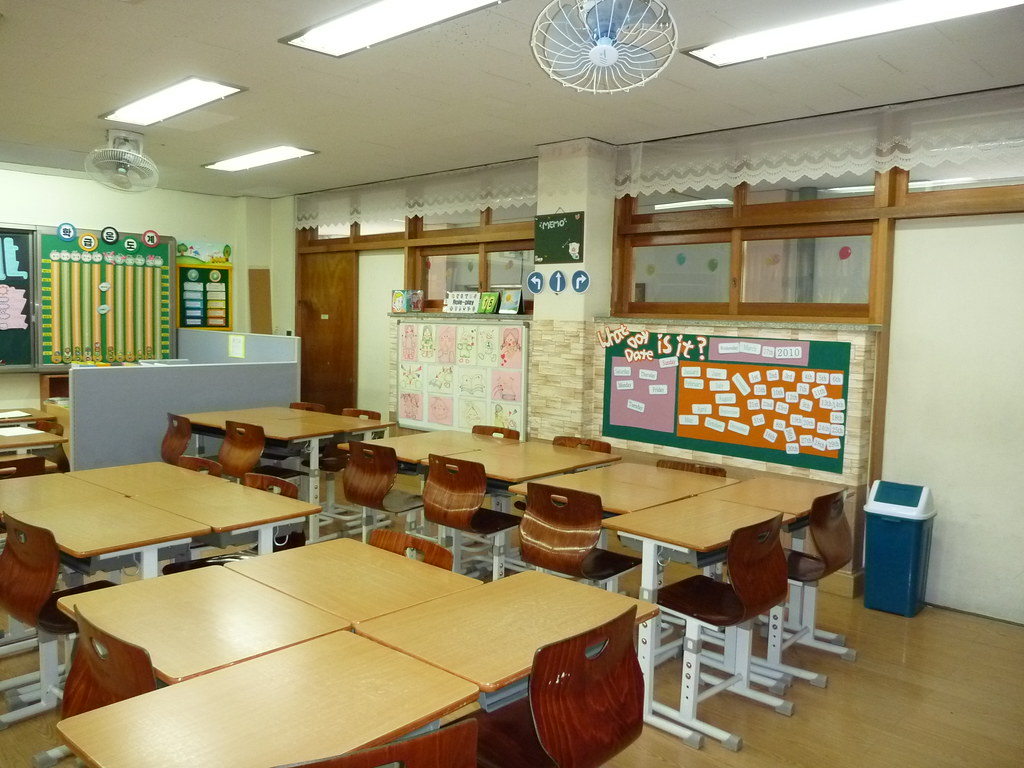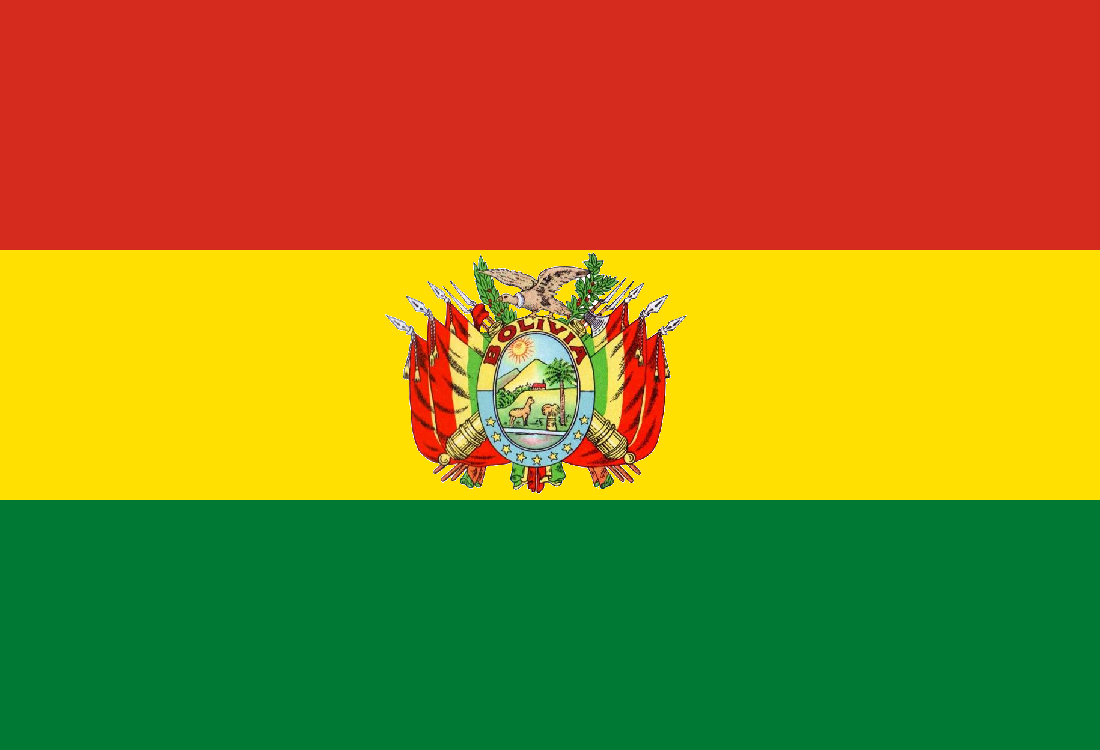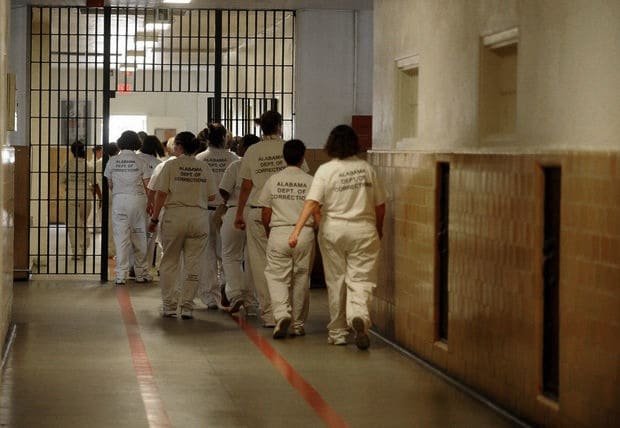School Life
Dear Journal,
Today is Thursday, November 15th, 2019. It is about 90 degrees here in Bolivia and sunny. It is almost the end of the school year here, and I cannot wait for summer. This is because my mom has promised to take me on vacation if my grades are up to her standards. I need to get between 5-6s for all my classes, which is equivalent to the US system of As and Bs. I want to drop out and start working like many of my friends, but my mom insists education is important. My friends work on the streets, shining peoples shoes for 14 cents, or selling juice. Bolivia has the youngest child labor laws, meaning we can begin work starting at age 10, and hold contracted work beginning at age 12. I don’t mind school too much because it is usually the only time of day I get to leave the prison during weekdays, due to my fathers incarceration here.

Prison Block [PC: Wikimedia Commons]
Can’t wait for summer Journal!
Dear Journal,
Today is November 15th, 2020. It is 75 degrees here in Phoenix and sunny but a little windy. I am not used to the American school system where it is about to be winter when at home it would almost be summer. The nice thing is we get an average of 2 weeks off for Christmas break.

Classroom [PC: Creative Commons]
Until next time, Journal!
Job life
Dear Journal,
Today is Friday, November 16th, 2019. My mom, dad and I all live in the San Pedro Prison in Bolivia. My mother wants to move due to the average of 4 deaths every month from natural causes or attacks, but we cannot afford to live without the income of my father who makes an average of $70 a day. He works as a cocaine producer as well as a real estate agent. This may sound odd, but people in Bolivia have to work multiple jobs to sustain families. The average cocaine producer makes only $50-60 dollars a day. In reality, my mom does most of the real estate work but my Dad has to make the sales due to it being generally frowned upon for women to work. The prison is guarded by police officers, but they turn a blind eye to anything happening inside the prison because their main goal is to keep the prisoners inside. They don’t carefully control what the inmates do within the prison because they have no legal authority to punish or reward their behaviors due to the Bolivian government.

Flag of Bolivia [PC: Creative Commons]
Dear Journal,
Today is November 16th, 2020. My dad now lives in the Arizona State Prison Complex. We visit him every Sunday from 12-4pm during the allowed hours. He is no longer our primary caregiver though, because unlike Bolivia, he cannot bribe the guards to help him smuggle cocaine. This is due to the fact they work for private companies that pay well instead of the country and receive benefits that many are scared of losing. But, he is not completely out of the drug game; he just sells to the other inmates– whom roughly 40% are dependent on them. He is one of the few people there able to make cocaine because he was able to get a job in the kitchen. After he makes the cocaine, he is able to sell it to other prisoners by having their families put money into his commissary account.

Prison Life [PC: Media library]
Peace out, Journal!
This piece was edited by Evan Price as part of Professor Kelley Crawford’s Digital Civic Engagement course at Tulane University.
 NOLAbeings Multimedia artist Claire Bangser created NOLAbeings as a portrait-based story project that marries...
NOLAbeings Multimedia artist Claire Bangser created NOLAbeings as a portrait-based story project that marries...  Voodoo in New Orleans: Reviving history: New Orleans fortune telling This article takes a deep dive into the history of Voodoo in New Orleans, its hybridization with Catholicism, and its present-day place in the city's culture. The author visits fortune-tellers in the French Quarter, using their guidance as a tool for introspection rather than a deterministic predictor of the future. Through her experiences in New Orleans, the author feels a mystical connection to both the past and the future.
Voodoo in New Orleans: Reviving history: New Orleans fortune telling This article takes a deep dive into the history of Voodoo in New Orleans, its hybridization with Catholicism, and its present-day place in the city's culture. The author visits fortune-tellers in the French Quarter, using their guidance as a tool for introspection rather than a deterministic predictor of the future. Through her experiences in New Orleans, the author feels a mystical connection to both the past and the future. 